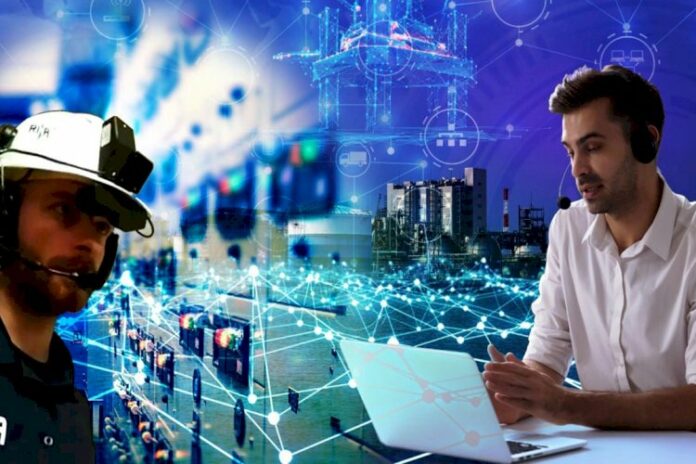The COVID-19 pandemic has brought many challenges to both society and industry. Its impact on economies and financial markets is being felt globally. Social distancing has imposed homeworking to many, and travel restrictions are preventing easy access to places that were previously welcoming visitors.
In the Energy sector, the supply of safe, secure and sustainable energy remains a priority as the world shifts towards lower carbon energy production and consumption. Within this context, COVID-19 is creating barriers to safely operate and maintain facilities using normal practices, and as a consequence, significant non-essential maintenance activities are being deferred. However, many safety-critical inspections and tasks are still needed to ensure risks associated with managing energy infrastructure are kept under control, including lack of supply, environmental releases and increased costs. Managing this in the confines of the COVID-19 travel restrictions and social distancing in a very complex environment is proving difficult for many.
RINA believes that technology plays a key role addressing these challenges, including increasing safety, productivity and reducing cost whilst at the same time protecting and generating jobs. In fact, RINA has secured funding from the UK innovation agency, Innovate UK, as part of the UK government’s £40M investment to drive forward new technology, stimulate growth and mitigate the impact of the COVID-19 pandemic.
RINA will develop the ‘smart’ helmet, a proven remote inspection technology consisting of a hard hat integrated with ruggedized communication and sensing devices for use in industrial applications. Clients with ‘smart’ helmets can use facility employees to perform hands free inspections with remote subject matter experts providing the necessary technical assistance, eliminating resource mobilisation, reducing operational carbon footprint, and enabling faster, lower cost inspections.
Information is provided to the inspector via a near field display and noise cancelling headphones. Remote experts and interested parties connect to a secure digital platform to access sound, real time video and thermal imaging from the inspector at the plant. Key to this development is digital twin acquisition technology that creates a fully immersive digital experience based on a 3D model of the plant. Advances in technology recently have driven down hardware cost, such as 360⁰ cameras, and processing power accelerating digital twin adoption across many industries. With this innovation, inspectors can remotely access critical asset information, such as P&IDs, process conditions and previous inspection reports, in the field enabling clients to quickly make the best operational decisions.
Data is easily transferred over a range of existing network technologies and can be managed through RINA’s secure cloud platform, RINACube, with its underpinning cybersecurity, predictive analytics and big data capability.



